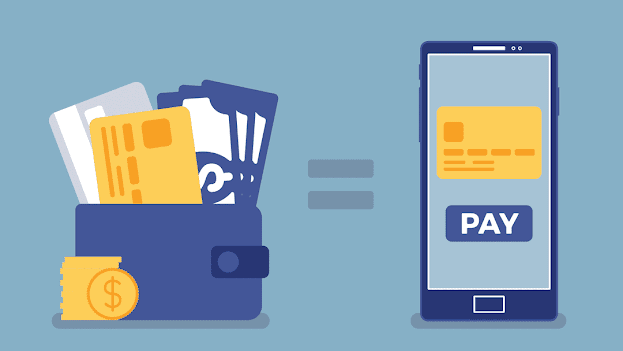How To Choose Between PayPal and Stripe Merchant Accounts?
When it comes to online payments, PayPal and Stripe merchant account are two of the most popular options. But which one is right for your business? Both PayPal and Stripe offer a range of merchant accounts that can help you accept payments from customers online. However, there are some key differences between the two that you should consider before making a decision. This blog post will explore these differences and help you choose the best merchant account for your business.
PayPal Vs Stripe Merchant Account: What’s The Difference?
PayPal and Stripe merchant account are two of the most popular payment processors out there. But what’s the difference between them? Here’s a primer.
PayPal is the older of the two, having been founded in 1997. It has a wide range of features, including a built-in merchant account management platform, but can be more complicated to set up and use than Stripe.
Stripe was founded in 2010 and is actively growing quickly. It has a simpler interface and doesn’t offer as many features as PayPal, but it is much faster to set up and use, especially for small businesses. There’s also a higher processing fee for Stripe accounts, but this is offset by the lower fees charged by Stripe for processing payments.
So which should you choose? It depends on your needs. If you already have a merchant account with another payment processor, such as Visa or Mastercard, then PayPal might be the better option because of its wider range of features. If you don’t already have a merchant account or you want to move to a more user-friendly platform, then Stripe is probably best for you.
PayPal Vs Stripe Merchant Account: Which One Is Right For You?
PayPal and Stripe are two of the most popular payment platforms for online merchants. But which one is right for you? Here’s a look at the key differences between the two systems:
Paid via PayPal: PayPal is the most well-known and widely used payment platform on the Internet. With millions of users worldwide, it offers an easy way to process payments from your customers. Paypal also has a wide range of features, such as billing, order tracking, and customer support.
Paid via Stripe: Stripe is a cloud-based payment solution that enables you to easily process payments from your customers. With Stripe, you can choose to accept credit cards, debit cards, or prepaid cards. You can also add security features like fraud monitoring and 2-factor authentication. And because Stripe operates in almost every country around the world, it’s perfect for merchants who want to reach a global audience.
PayPal Vs Stripe Merchant Account: How To Choose Between Them
When it comes to choosing a merchant account payment processor, there are a few options available. PayPal and Stripe offer different features and benefits that can be important to certain businesses. Let’s take a closer look at each platform and see which one might be better for your business.
PayPal is arguably the most well-known merchant account payment processor on the planet, with over 200 million active users. One of the main benefits of using PayPal is its built-in customer base. Almost all online retailers already have a PayPal account, so getting started with this platform is easy. PayPal also has a robust infrastructure, making it easy to process payments and manage transactions.
Stripe merchant account isn’t as well-known as PayPal, but it’s quickly gaining popularity among small to medium businesses (SMBs). Stripe offers several key advantages that make it ideal for smaller businesses: fast processing times, low fees, and comprehensive reporting capabilities. Additionally, Stripe provides tools for customers to pay with credit cards and other forms of payment via Stripe Checkout. This makes checkout processes easier for customers and helps reduce friction in the shopping experience.
Ultimately, it depends on what features are most important to your business. If you need quick processing times and low fees, then PayPal may be a better option for you. On the other hand, if you need comprehensive reporting capabilities and support for payment processors other than PayPal (like Stripe), then Stripe may
Conclusion
If you're starting a business and want to accept payments online, there are a few different options you'll need to consider. PayPal is one popular option, but Stripe may be better for certain businesses. In this article, we'll compare the two merchant accounts and help you decide which is best for your business.


.png)
Comments
Post a Comment